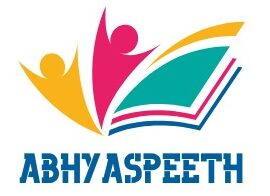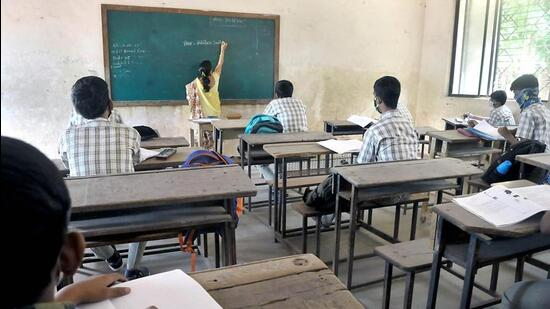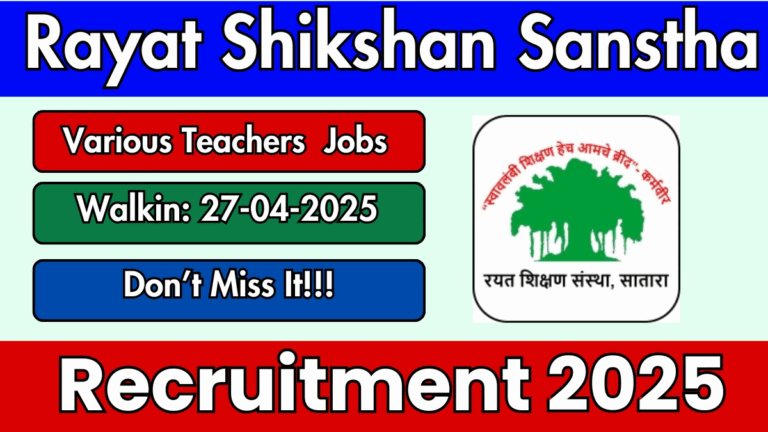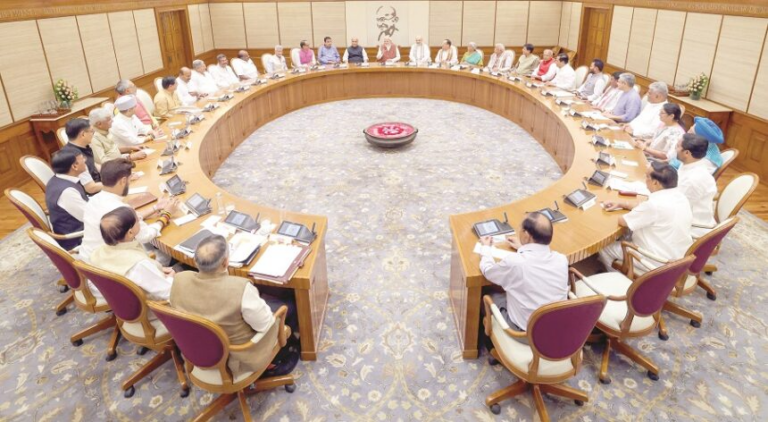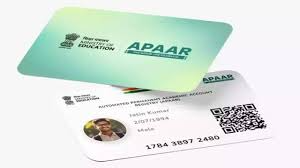
Abhyspeeth Education Desk
Mumbai: A serious discrepancy has come to light in the answer key of the Common Entrance Test (CET) conducted for admission to the 3-year LLB course in Maharashtra. The Bombay High Court has taken cognizance of the issue and has directed the State CET Cell to file an affidavit addressing the concerns raised.
The controversy arose after a candidate, Shashivadan Shetty from Malad, filed a petition alleging that multiple objective-type questions in the CET had more than one correct answer, but the answer key released by the authorities recognized only one.
One of the primary points of contention involves a question that asked:
“Which of the following is an infectious disease?”
The options given were:
A. Tuberculosis
B. Diabetes
C. Influenza
D. Hepatitis B
According to the official answer key, the correct option was marked as C. Influenza. However, Shetty chose A. Tuberculosis, arguing that tuberculosis is not only an infectious disease but also an airborne one with serious public health implications. He cited globally recognized medical literature stating that Tuberculosis, Influenza, and Hepatitis B are all classified as infectious diseases, whereas Diabetes is not.
In his petition, Shetty highlighted several such examples where more than one option could be scientifically correct. He accused the CET Cell of ignoring these academic and scientific nuances, which could adversely affect candidates’ scores and merit ranking. He further argued that such errors in question design and answer validation violate principles of fair assessment.
Taking note of the petition, a division bench comprising Justice Makrand Karnik and Justice N. R. Borkar instructed the CET Cell to respond with a sworn affidavit by the next hearing scheduled for July 16. The court’s directive signals that the issue is being treated with due seriousness, especially considering its potential impact on the academic futures of thousands of aspiring law students.
Legal education aspirants are evaluated based on competitive entrance exams like CET, where every mark counts. Errors in the answer key can lead to unfair merit lists, denial of seats in top colleges, and long-term academic consequences. Educationists believe this case highlights the need for scientifically accurate, peer-reviewed vetting of question banks used in such crucial exams.
In light of this controversy, many CET candidates have taken to social media demanding transparency in evaluation, rechecking of ambiguous questions, and fair consideration of objections raised. There are also calls to form an expert academic panel to review all such contested questions and issue a revised answer key if necessary.
Abhyspeeth will continue tracking the case as it unfolds in the Bombay High Court on July 16.
